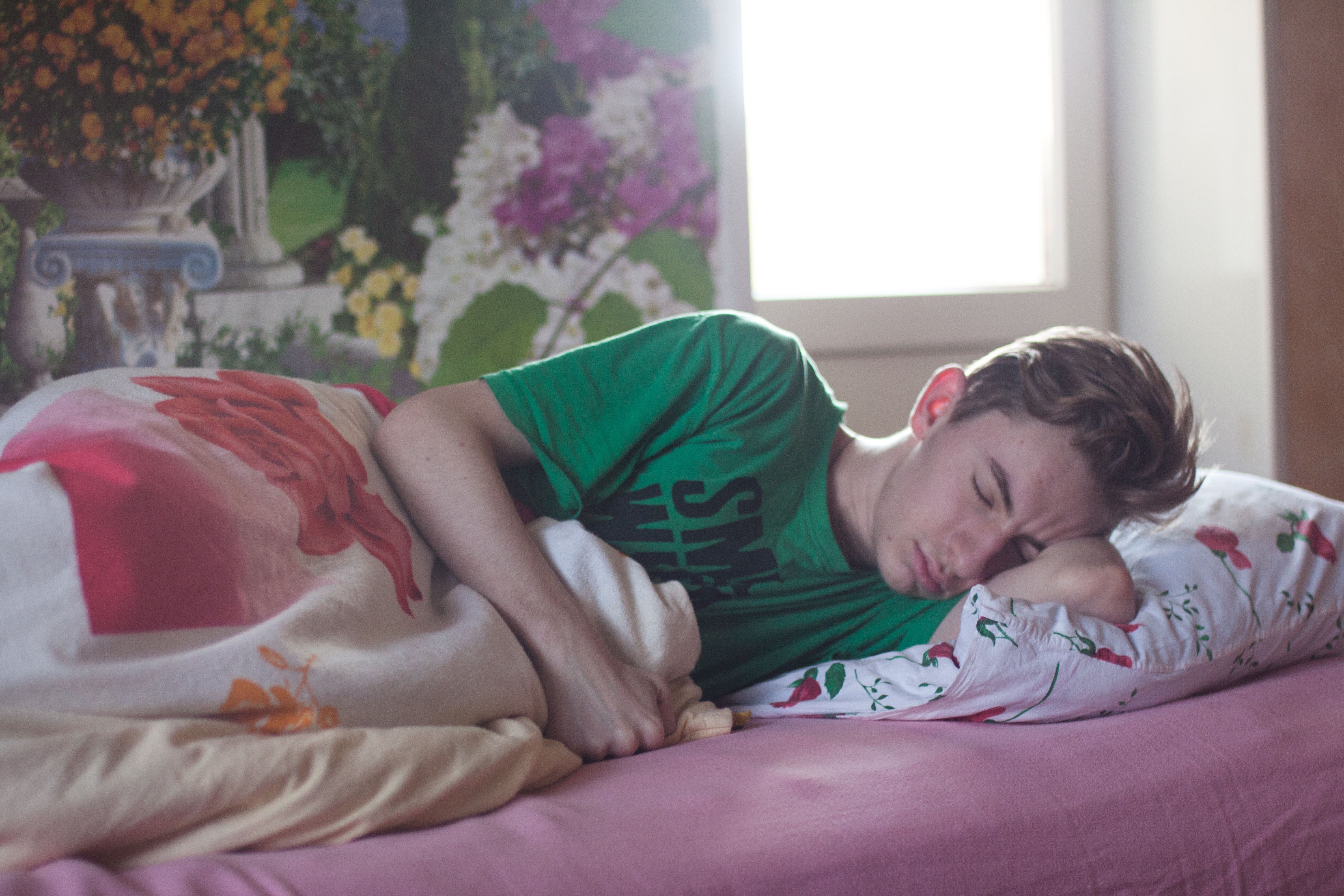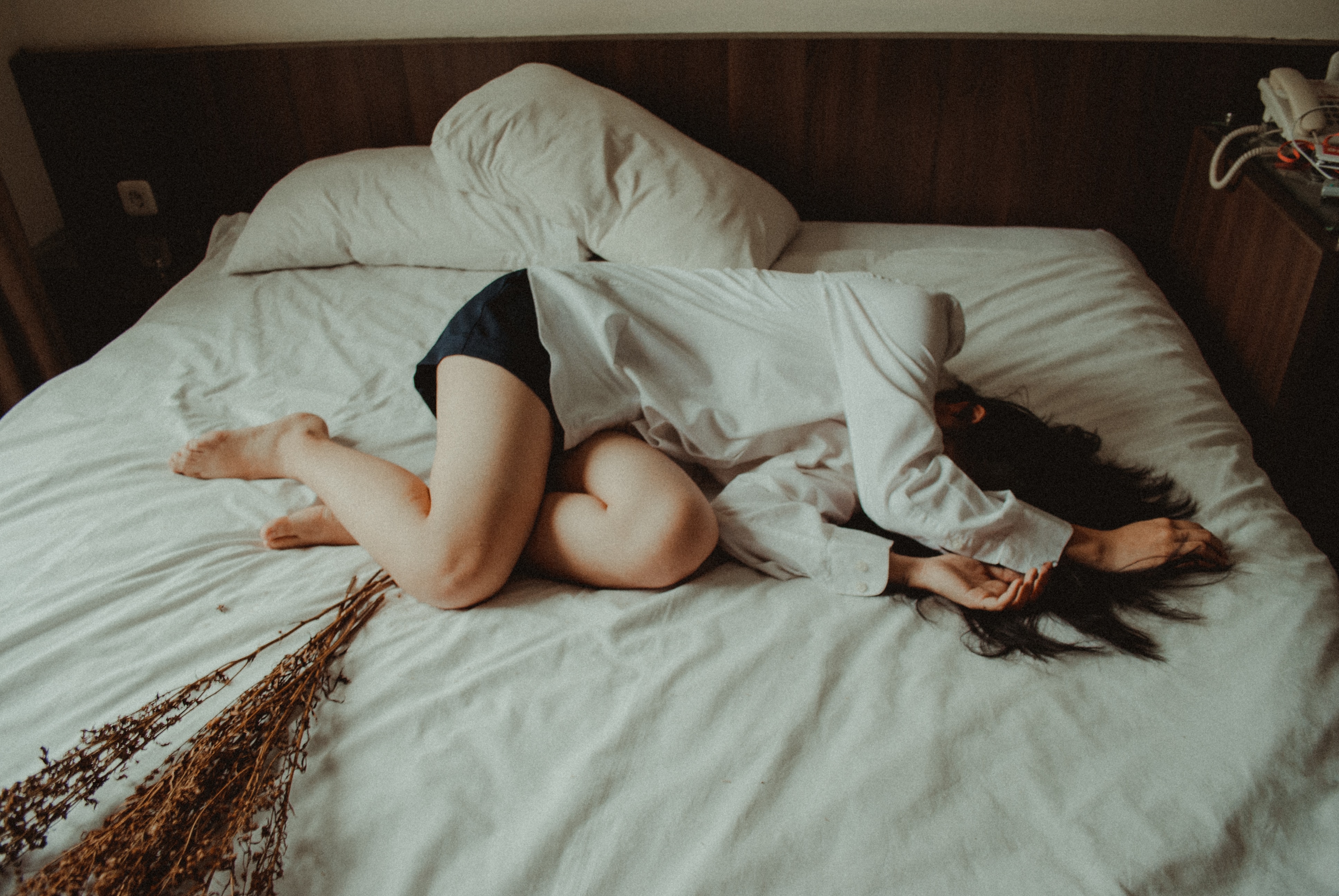
We all need 7-9 hours of sleep per night to function at our best during the day, however people who have ADHD struggle to fall asleep and stay asleep.
As you already feel tired and with tiredness your ADHD symptoms get worse, this in turn makes it harder to fall asleep the following night. The cycle then repeats and repeats.
One study found that 67% of people with ADHD had difficulty getting a good night’s sleep.
How does ADHD cause sleeplessness?
Common challenges you’ll face if you have ADHD and cannot sleep include:
Not keeping a time schedule:
People with ADHD are often easily distracted and have difficulty stopping something they’ve already started, like a project they’re working on or tuning out other interruptions and just go to bed. Then, even when you are in bed it’s a struggle to calm your mind enough to relax and fall asleep.
Stimulants
The medications prescribed for ADHD have side-effects themselves and can make sleeping more difficult. Add to that a diet containing sugar, coffee or tea and you have a recipe for disaster.
Other conditions
People who have ADHD often also have depression, anxiety, mood disorders or substance abuse problems that can make falling asleep that much harder.
Sleep Disorders
ADHD experts often check on sleeping problems at the point of diagnosis as it is so common.
It’s much more than experiencing a bad night’s sleep. It can rob you of your rest and cause you to be more distractible and impulsive during the day.

Disorders related to Circadian rhythm
Your body functions on a 24 hour clock and makes adjustments related to how much or how little light and darkness you’re being exposed to. Melatonin is released based on this function and sometimes the body is out of sync with this cycle, resulting in a lack of melatonin production at the correct time of the day.
Bright lights from your phone, tv and other smart gadgets can disturb and throw off your body’s inner clock.
People with sleep apnea have intermittent breathing throughout the night. This of course disturbs your sleep and you wake up feeling tired. People with ADHD often also have sleep apnea or some other breathing problem while sleeping.
Untreated sleep apnea can cause hypertension, stroke, or heart failure.
RLS or Restless Leg Syndrome is also a common experience for those with ADHD . The feeling is described as a throbbing, aching, pulling or itching sensation inside the legs. These sensations rarely affect the arms, the chest or head. Although these sensations can occur on just one side of the body, both sides are often affected, and can also alternate between sides and often range in severity from uncomfortable, to irritating, to painful.
Possible Solutions
Consulting your doctor would be your first point of call if you have ADHD and have trouble sleeping.
There might be a need for a sleep study or a change in medication to see if there are any underlying causes for your lack of sleep.
Barring this, your ADHD symptoms could be the cause and you could greatly improve your chances of getting more sleep by following these habits:
* Do not take a nap 4 hours before bedtime.
* Do not drink caffeine 4 hours before bedtime.
* Have a calming bedroom environment before sleeping.
* Adjust your bedtime to be the same every day.
* Make sure your bed is comfortable and your room is dark and quiet.
* Avoid looking at any screen (TVs, smartphones, etc.) and other electronic media in the evening before bedtime.
* Of course we would recommend a weighted blanket as a sleep aid for a number of reasons and you’ll find them here
and here, but remember that a weighted blanket is an aid and the habits mentioned above should be followed, as well as a consultation with your doctor first.
For more information please feel free to email us directly to info@prettyspecial.co.za
